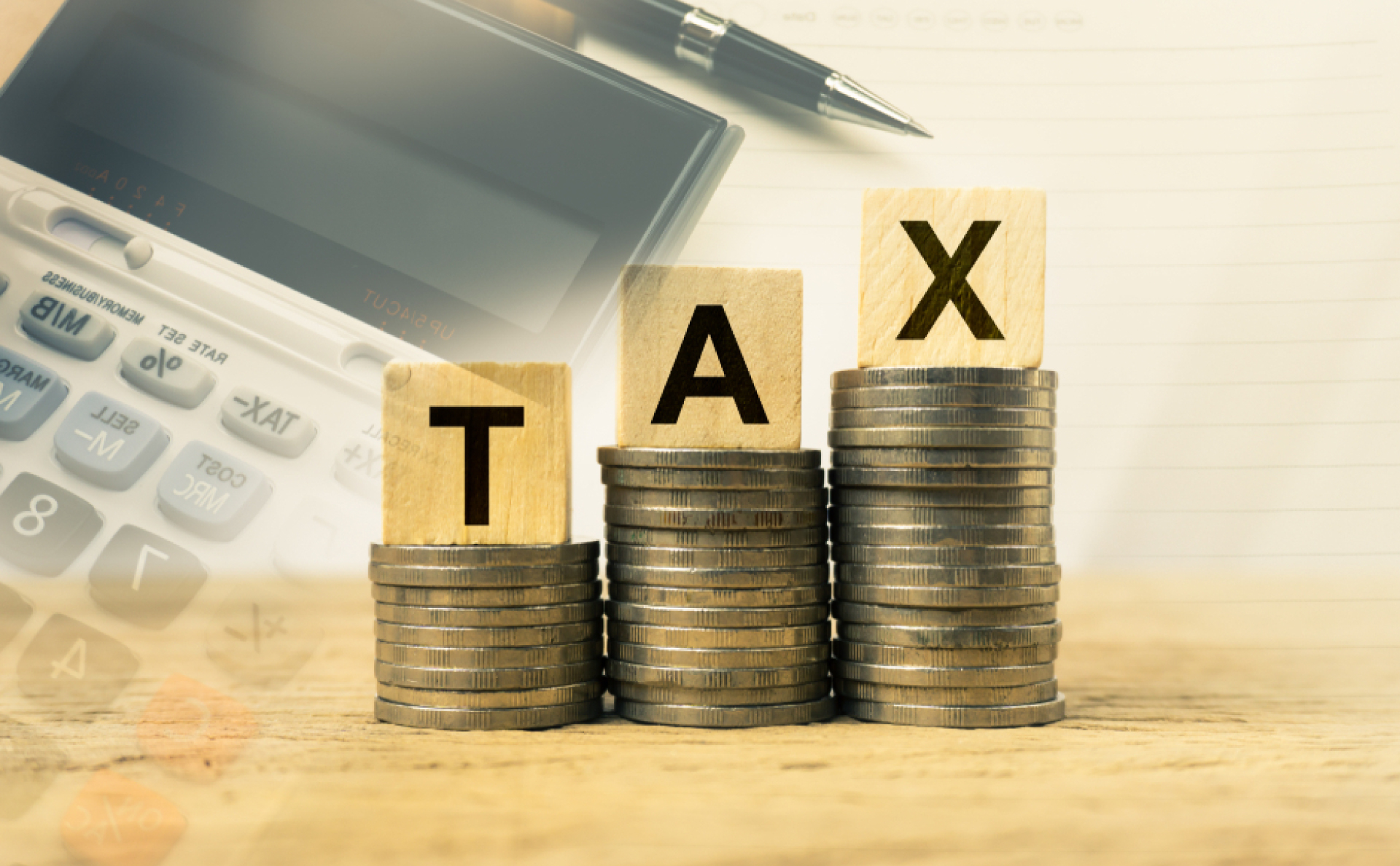Mohsin Siddiqui (Chief Reporter)
Pakistan’s government has formulated an alternative plan to meet its fiscal targets without resorting to a mini-budget.
The move comes after Prime Minister Shehbaz Sharif rejected a proposal to increase taxes on the salaried class, which had been suggested as part of efforts to shore up the country’s revenue collection. As a result, the Federal Board of Revenue (FBR), under the leadership of Chairman Rashid Langrial, is set to embark on a comprehensive strategy to address the shortfall while avoiding additional burdens on the middle class.
The new plan focuses on leveraging reforms and improved tax administration to generate the necessary revenue. The FBR’s Chairman is slated to hold critical negotiations to discuss a series of initiatives aimed at boosting tax revenues and improving Pakistan’s tax collection framework.
Central to the FBR’s revised approach is the “Transformation Plan,” which is designed to modernize Pakistan’s tax system in line with international standards. The plan seeks to overhaul the FBR’s framework, making it more efficient and effective in its operations. By introducing new technologies and methods, the FBR hopes to increase transparency and reduce tax evasion, which has long been a significant issue in Pakistan’s tax collection system.
The Transformation Plan, the FBR is working on the Retailers’ Scheme. This initiative aims to facilitate data sharing between registered traders and the International Monetary Fund (IMF), with the goal of improving accountability and reducing the scope for evasion in the retail sector. The Retailers’ Scheme is expected to provide more accurate data on the performance of registered traders, which will, in turn, help the government track tax payments more effectively.
The proposal is part of Pakistan’s broader efforts to modernize its tax infrastructure, which has often been criticized for inefficiency and low compliance. By implementing these reforms, the government hopes to boost tax revenues without resorting to significant hikes in taxes on ordinary citizens.
The FBR’s efforts are being closely monitored, particularly since the tax shortfall from July to October has raised concerns. According to sources within the FBR, the revenue collection target for the first quarter of the fiscal year was set at PKR 17 billion from traders, but the FBR fell short by a significant margin. The tax collection shortfall has put additional pressure on the government to find ways to meet its revenue targets without increasing the burden on the public.
The gap in tax collection has prompted the FBR to review various systems and introduce new mechanisms to plug the shortfall. Among these, the “Track and Trace” system is being given special attention. The Track and Trace system, which is already being implemented in several sectors, is designed to monitor the production and sale of goods in real-time, providing the government with better data on tax compliance. FBR is currently reviewing the implementation of this system across five major sectors and is considering its extension to the tile sector as well.
In addition to the Track and Trace system, the FBR is also considering raising the Point of Sale (POS) receipts fee by Rs 1. This measure is aimed at generating additional revenue from transactions and will be discussed during upcoming negotiations. The POS fee increase could help augment tax revenue without placing additional financial strain on businesses or consumers.
The ongoing talks with the IMF are another key aspect of Pakistan’s strategy to address the revenue shortfall. The IMF delegation is currently in Pakistan for loan talks, and its mission includes reviewing Pakistan’s economic performance and discussing ways to improve revenue collection. The IMF has long been concerned with Pakistan’s tax collection capacity and has encouraged reforms to broaden the tax base and reduce the reliance on indirect taxes, which disproportionately affect lower-income citizens.
As part of these discussions, the FBR will brief the IMF on its enforcement plan, which aims to tackle tax evasion in the retail sector. According to sources, the FBR is also exploring the possibility of implementing special audits for retailers who do not implement POS systems. These audits will target non-compliant retailers who are suspected of evading taxes through outdated or non-existent payment systems.
While the focus of the talks remains on tax reforms, the government is also keen on maintaining a balance between achieving revenue goals and avoiding excessive financial burdens on the public. The ongoing IMF negotiations will play a crucial role in determining how much additional pressure will be placed on Pakistan’s economy and whether further tax increases are necessary.
Pakistan’s tax collection system has long struggled with inefficiency, with large sectors of the economy remaining outside the formal tax system. The government is aware that in order to meet its fiscal targets and secure future loan agreements with the IMF, it must address these inefficiencies. This has led to the introduction of various technology-driven measures, such as the Track and Trace system, to improve transparency and compliance.
Moreover, the FBR is working on expanding the scope of digital tax collection tools, which could streamline the payment process and make it easier for businesses to comply with tax regulations. By integrating digital platforms and better monitoring systems, the FBR aims to reduce the informal economy’s reliance on cash transactions, which are more difficult to track and tax.




